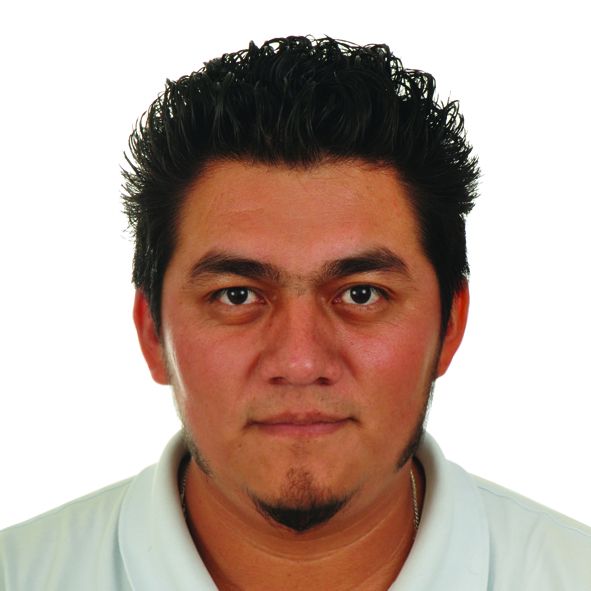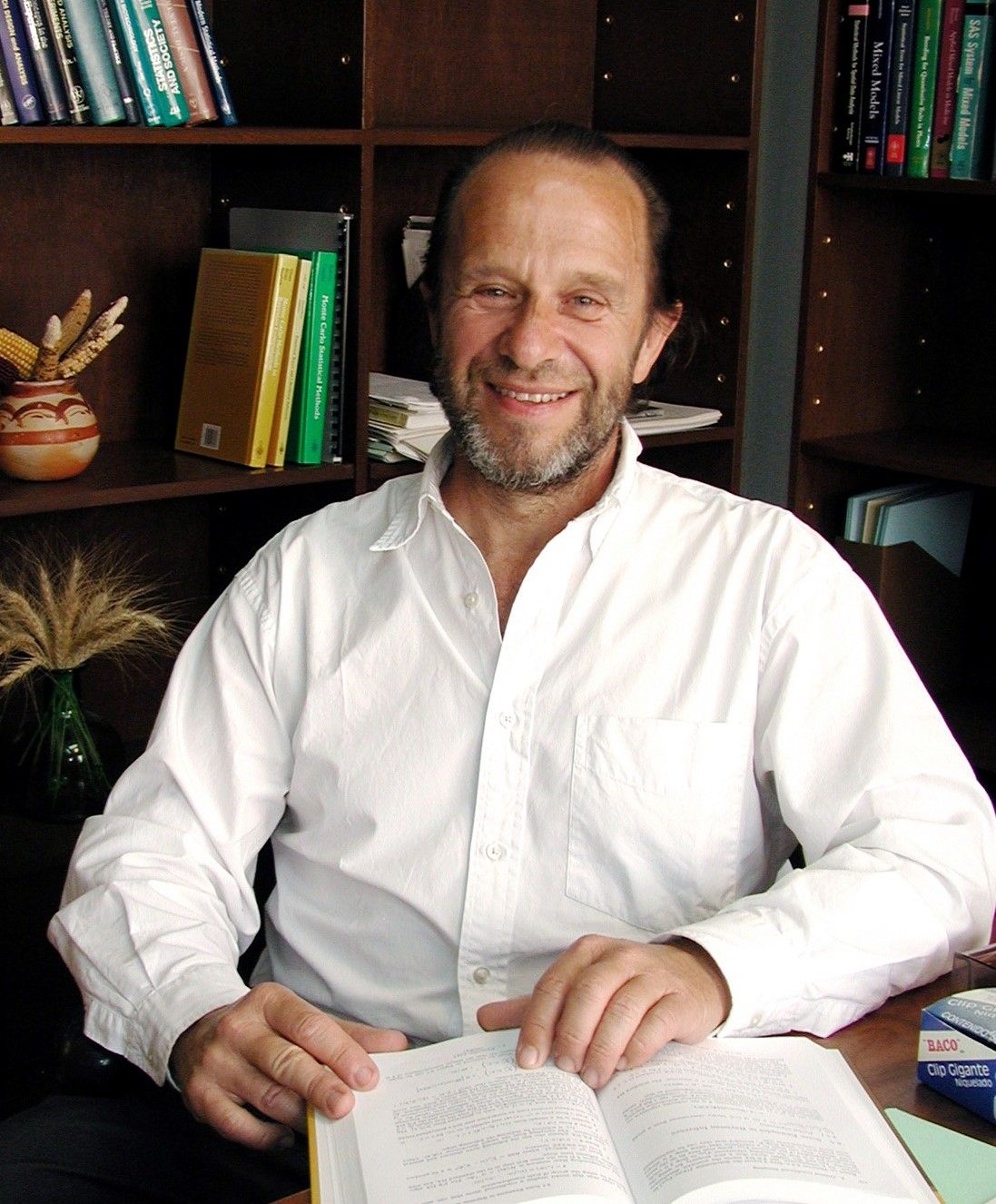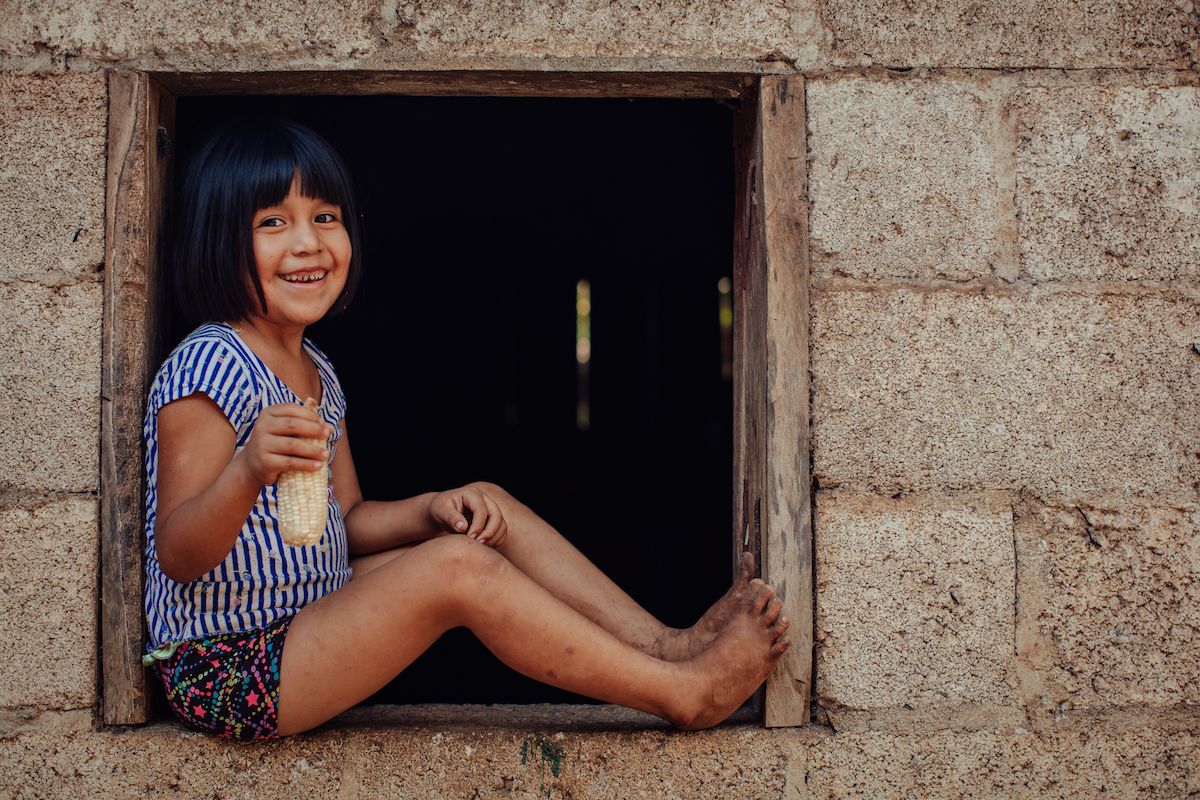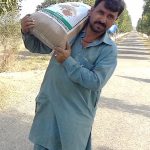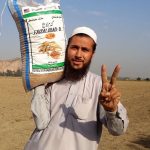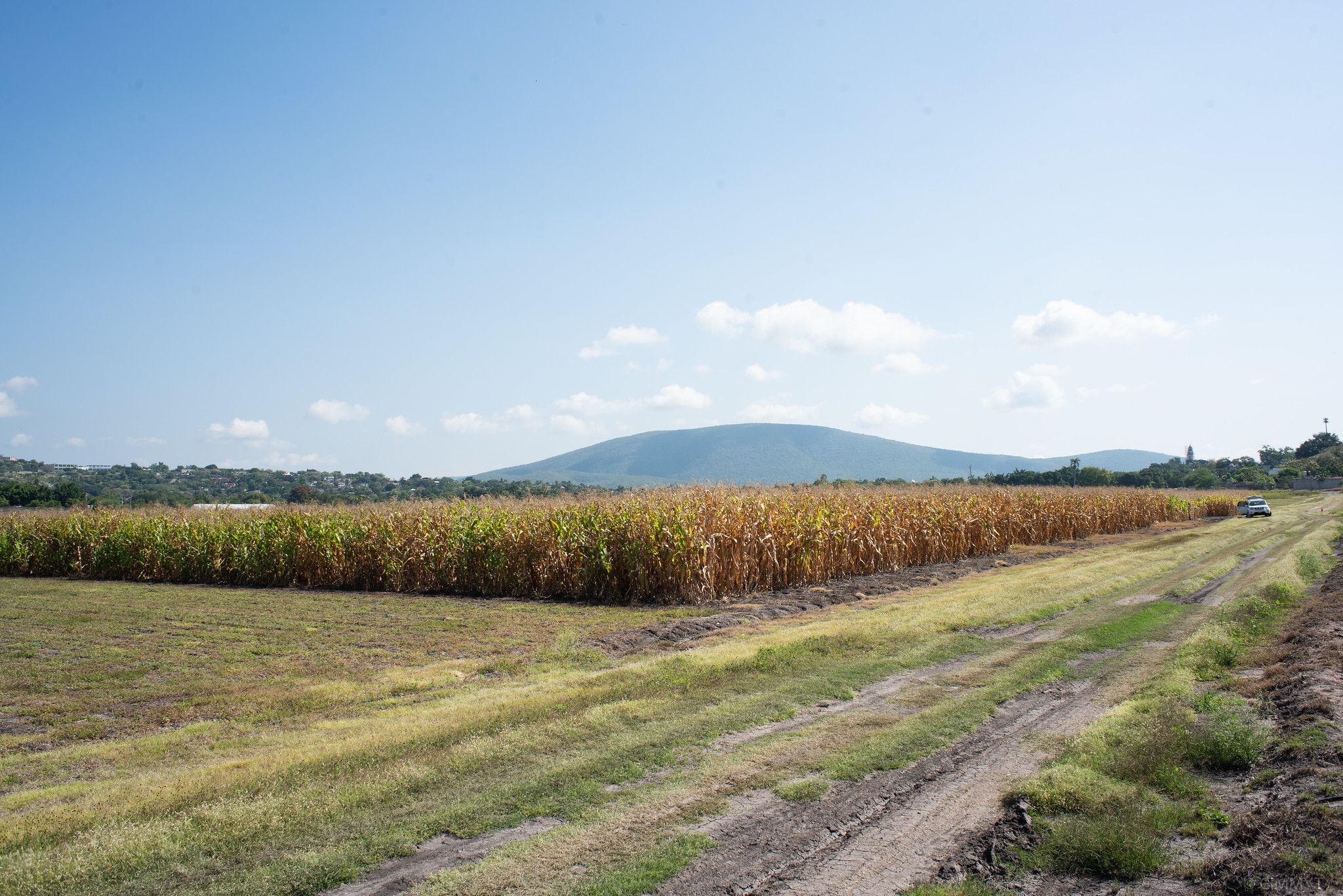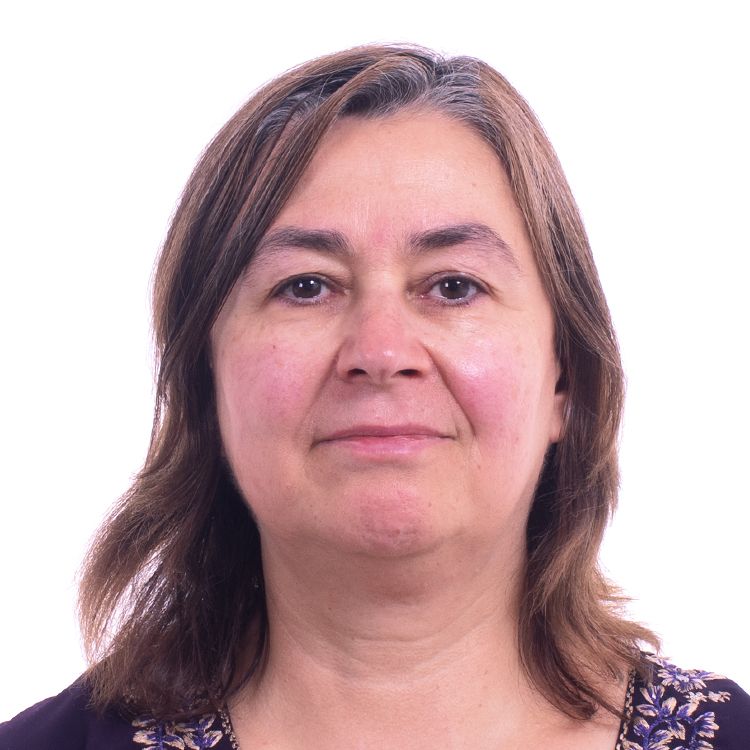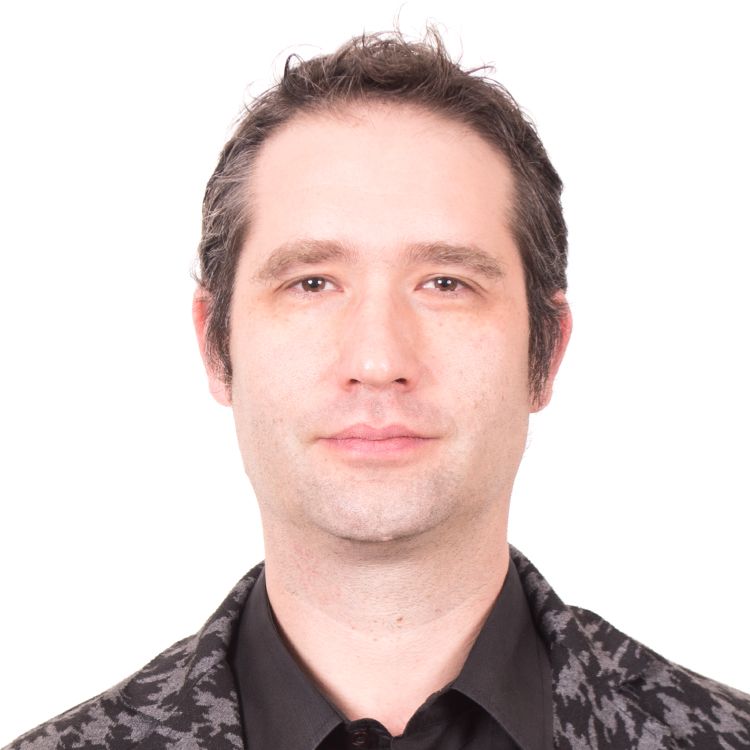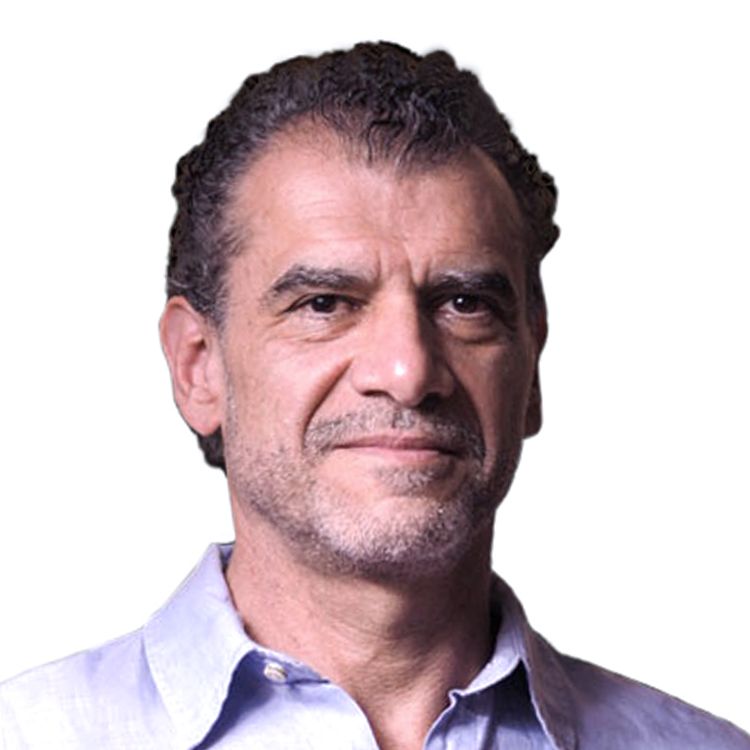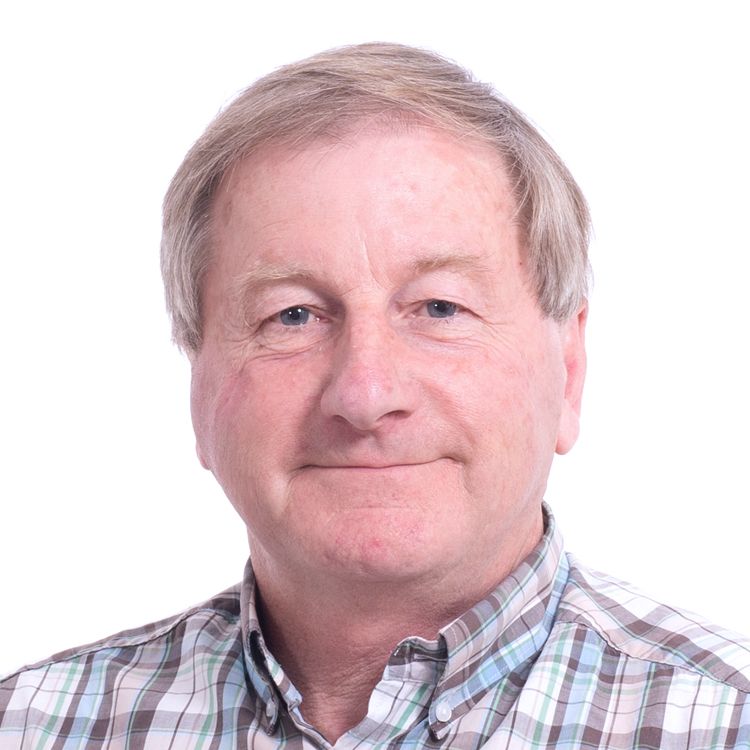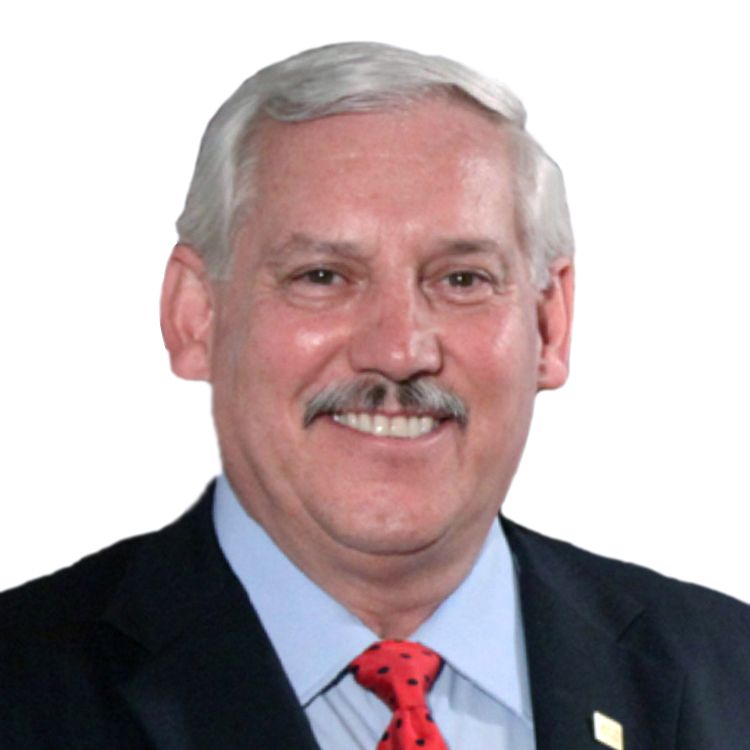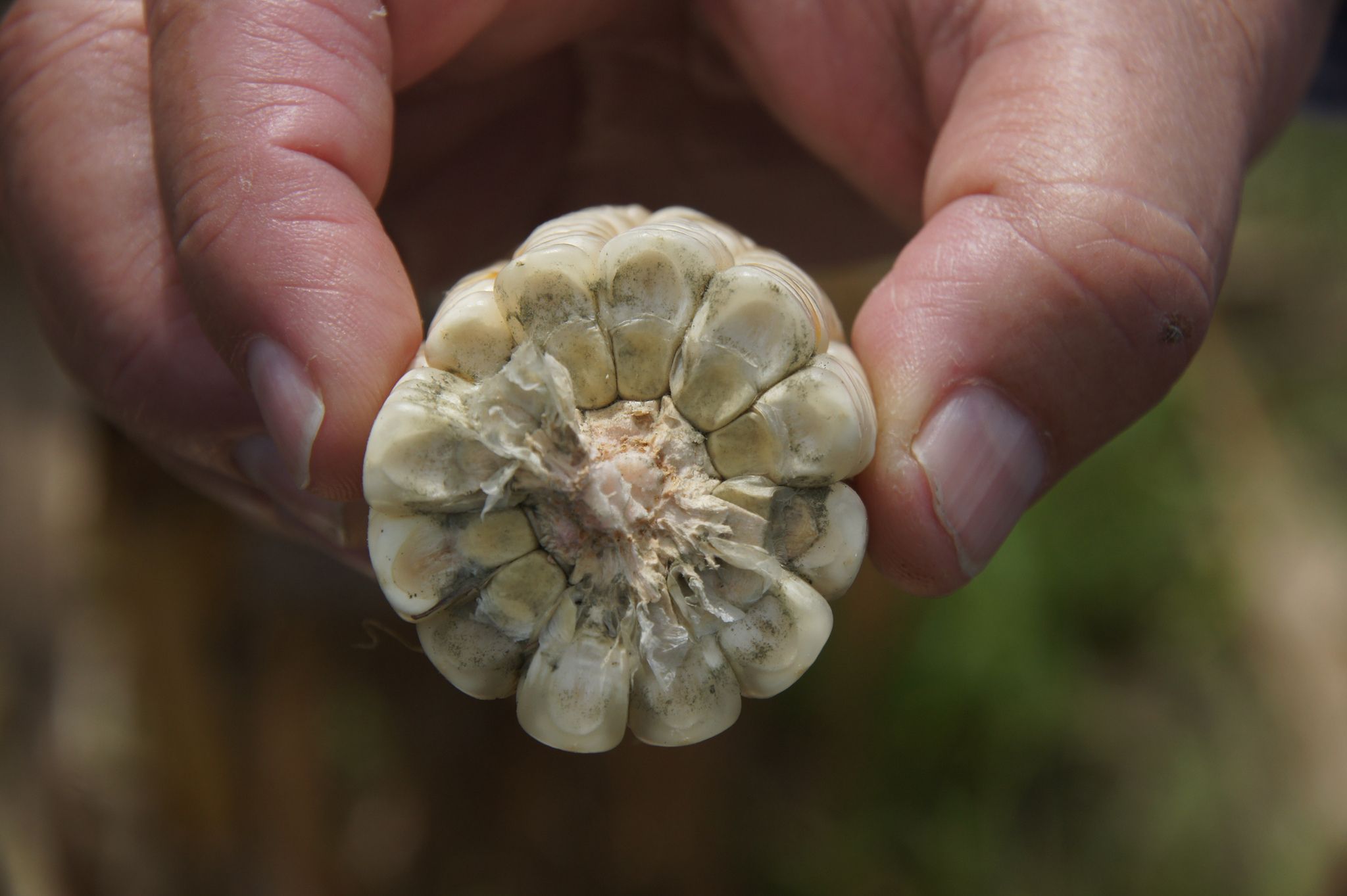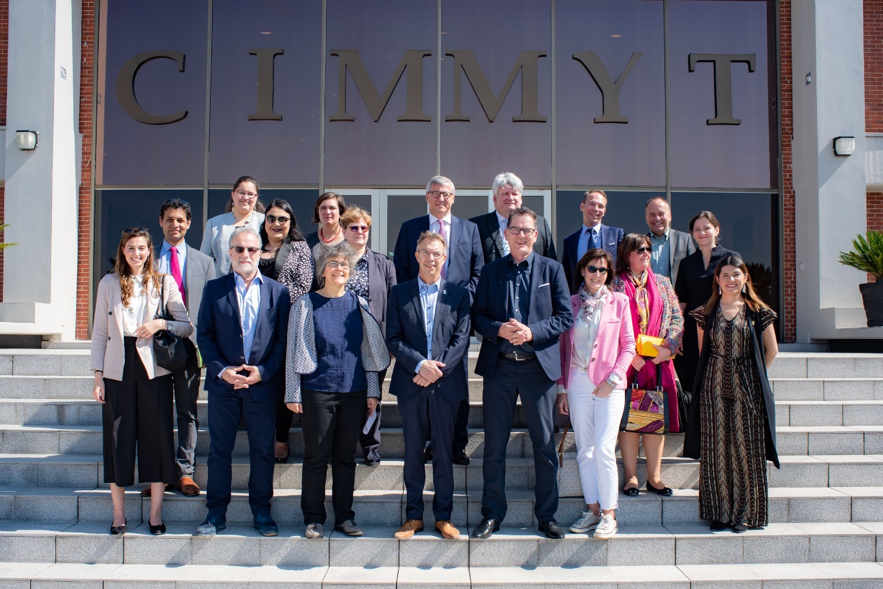Location: Global
Claudio César Ayala Hernández
Claudio Ayala is an experienced Data Management Coordinator with a demonstrated history of working in the research industry. He has a Master’s degree focused on Information Systems and Applied Computing and is skilled in analytics, database management, and the development of tools for effectively capturing, curating, storing and integrating different datasets.
Jose Crossa
Jose Crossa works at the Biometrics and Statistics Unit conducting research on genomic models and models for genomic x environment interaction to help CIMMYT researchers achieve their goals. He also teaches courses on statistical genetics.
Nicholas Davis
Nicholas provides managerial support to the Global Maize Program, working to magnify CIMMYT’s impact through continuous improvement of the efficiency and effectiveness of the program’s global operations.
He holds an MBA from the Thunderbird School of Global Management, with over 10 years of professional experience across four continents, primarily in the non-profit and international development sectors.
Cobs & Spikes podcast: Striving for higher quality, more nutritious maize
While increasing yields will be necessary to feed the 9.8 billion people expected by 2050, Natalia Palacios — head of the maize nutritional quality laboratory at CIMMYT — says that’s only part of the challenge. She argues we must also strive for higher-quality, more nutritious crops. According to the United Nations Food and Agriculture Organization, over 800 million people are considered undernourished. That’s about one out of every nine people in the world. Find out how Palacios’ research helps CIMMYT and its partners close the gap and support better health and nutrition.
For more information on Palacios’ research linking provitamin A orange maize and reduced aflatoxin contamination, read the publication here.
Fighting hidden hunger with agricultural innovation
Maize provides 15-16 percent of total calorie intake in Asia, Latin America and sub-Saharan Africa, while wheat provides 18 percent of our total available calories. Hidden hunger occurs when these calories don’t provide the essential micronutrients, such as iron, zinc and vitamin A, needed for healthy growth and prevention of diseases.
On World Health Day, we are sharing five stories showing how the International Maize and Wheat Improvement Center (CIMMYT) is combating hidden hunger and how agricultural research and innovation leads to healthier families, improved livelihoods and a healthier planet.
Climate change impact and adaptation for wheat protein
Often, work on climate change adaptation in agriculture focuses on productivity instead of nutrition of crops. If nutritional implications of climate change are not addressed, there will be devastating consequences on the health and livelihoods of marginalized people who depend on wheat as a source of protein.
A new study examines why wheat grain protein concentration is often overlooked in relation to improving global crop production in the face of climate change challenges and concludes that not all climate change adaptations have positive impacts on human nutrition.
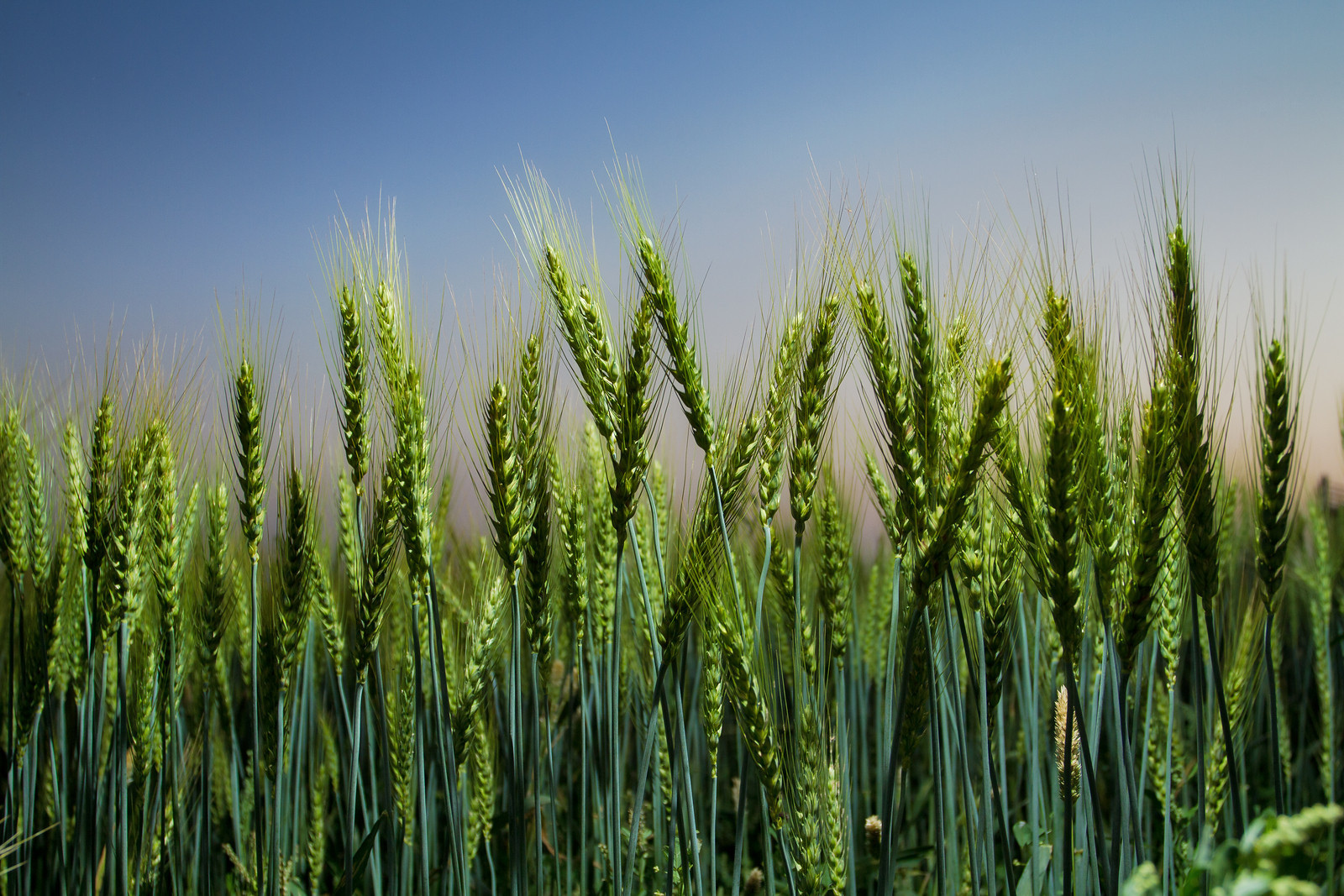
Nutritious vitamin A orange maize boosts health and livelihoods in Zimbabwe
In Zimbabwe, child malnutrition peaked above international thresholds for emergency response. Vitamin A deficiency is the leading cause of preventable blindness in children and can increase risk of measles, diarrhea and respiratory infections. However, biofortification of maize is a sustainable solution to improve health and nutrition in the region.
CIMMYT and Harvest Plus worked together to breed maize with higher amounts of nutritious vitamin A and are working with farmers, seed companies, food processors and millers to make this maize part of the food system in Zimbabwe.
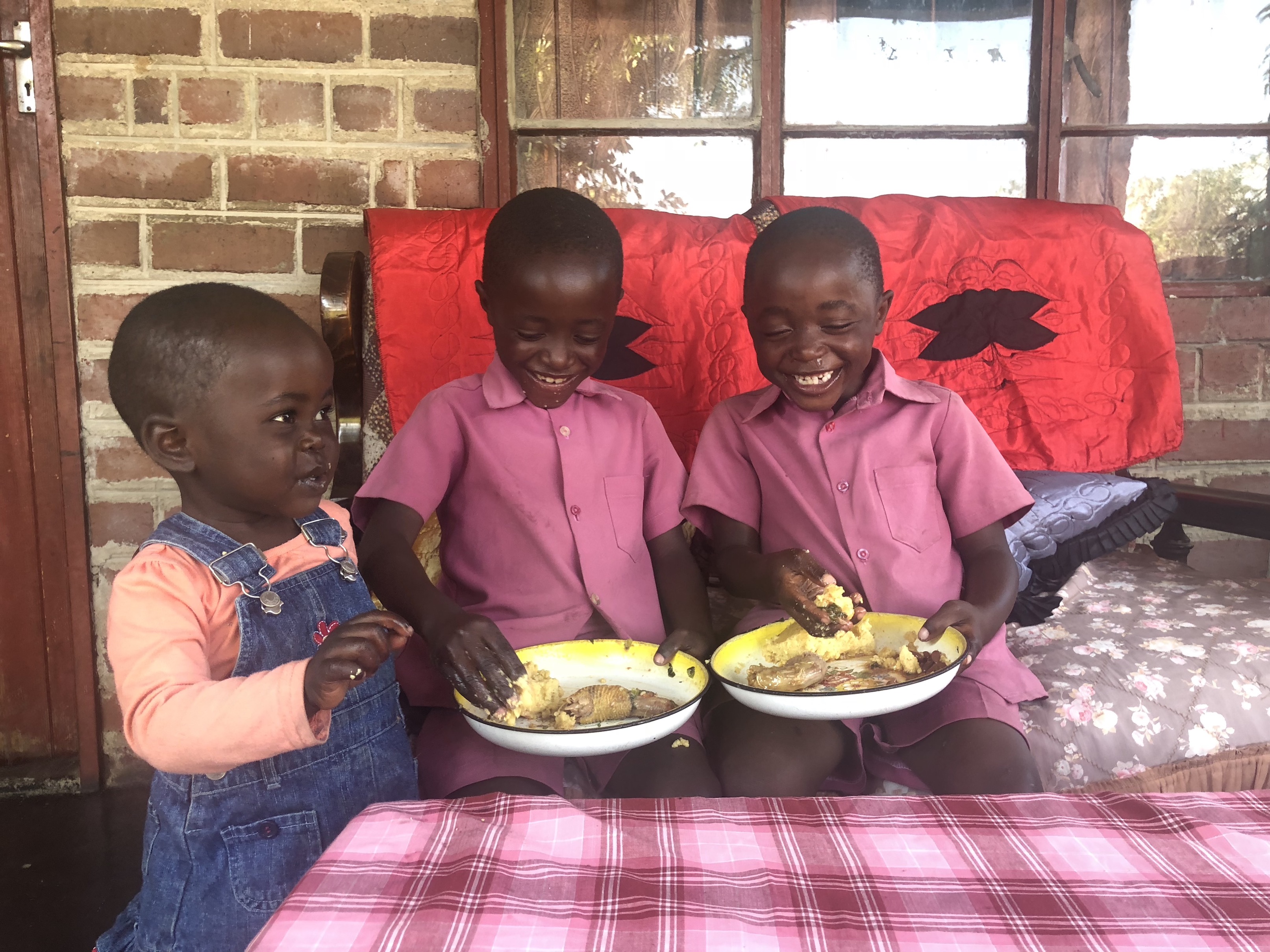
Pakistan wheat seed makeover: More productive, resilient varieties for thousands of farmers
In Pakistan, CIMMYT is working to develop and spread better wheat production systems, by replacing outdated, disease susceptible seeds with new varieties. These new varieties also come with a health benefit — zinc.
According to a 2011 nutrition survey, 39 percent of children in Pakistan and 48 percent of pregnant women suffer from zinc deficiency, leading to child stunting rates of more than 40 percent and high infant mortality. These new seeds will increase the nutrition content of wheat, Pakistan’s number-one food crop, as well as resist diseases such as wheat rust.
Better together: Partnership around zinc maize improves nutrition in Guatemala
Over 46 percent of children under five in Guatemala suffer from chronic malnutrition. More than 40 percent of the country’s rural population is deficient in zinc, an essential micronutrient that plays a crucial role in pre-natal and post-natal development and is key to maintaining a healthy immune system.
CIMMYT, HarvestPlus and Semilla Nueva are working together to change this, through the development and deployment of the world’s first biofortified zinc-enriched maize. Called Fortaleza 3 by Semilla Nueva, it fights against hidden hunger, containing 6-12ppm more zinc and 2.5 times more quality protein compared to conventional maize varieties.
“With the extra income I’ve gotten since switching to F3, I’ve been paying for my daughter to go to school. Fortaleza F3 not only gave me a good harvest, but also the ability to support my daughter’s education,” said Rómulo González, a farmer from the southern coast of Guatemala.
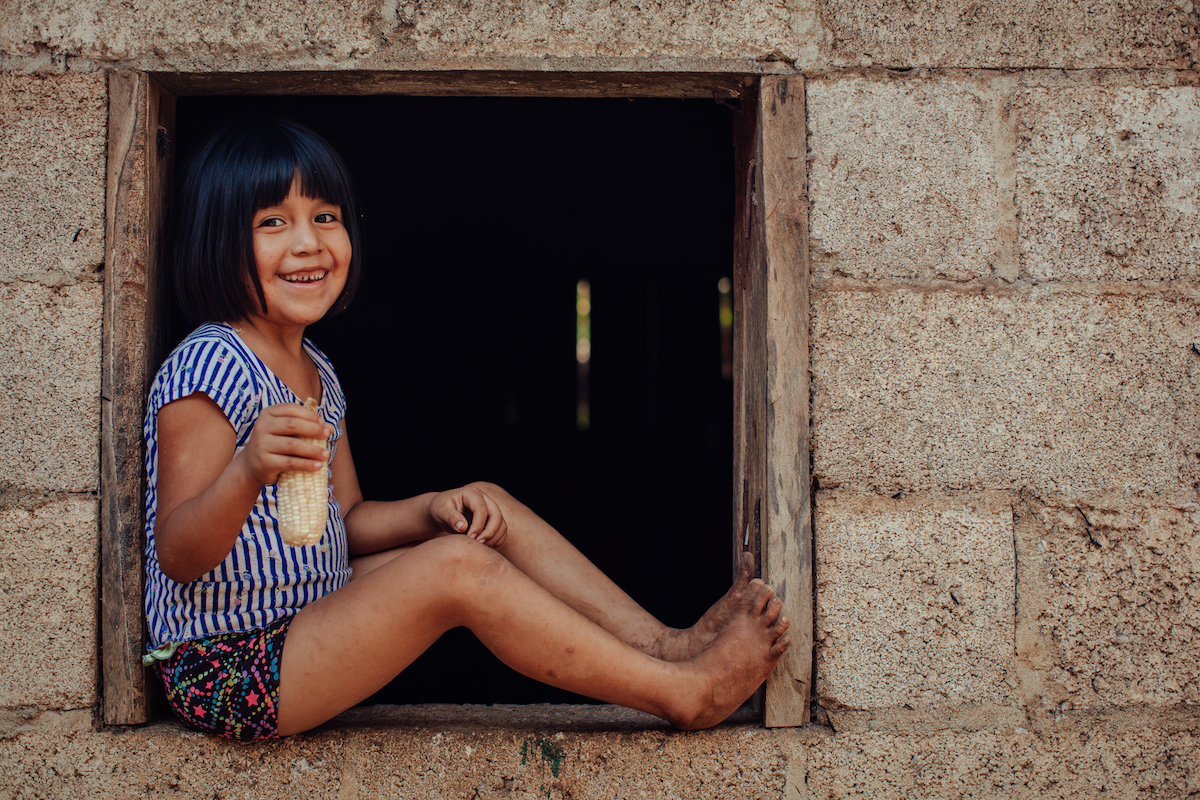
Farmers key to realizing EAT-Lancet report recommendations in Mexico, CIMMYT highlights
The EAT-Lancet Commission Report aims to answer the question: can we feed a future population of 10 billion people a healthy diet within planetary boundaries? It proposes a “planetary health diet” that balances nutrition with sustainable food production.
CIMMYT participated in the report launch in Mexico. “If anybody is able to manage the complex systems that will sustainably yield the volume of nutritious food that the world needs, that’s the farmer,” said Bram Govaerts, Director of Innovative Business Strategies at CIMMYT. “In Mexico, more than 500 thousand farmers already innovate every day and grow maize, wheat and related crops under sustainable intensification practices that CIMMYT and Mexico’s Agriculture Department promote with MasAgro”.
These innovations he mentioned create healthier families and a healthier planet.
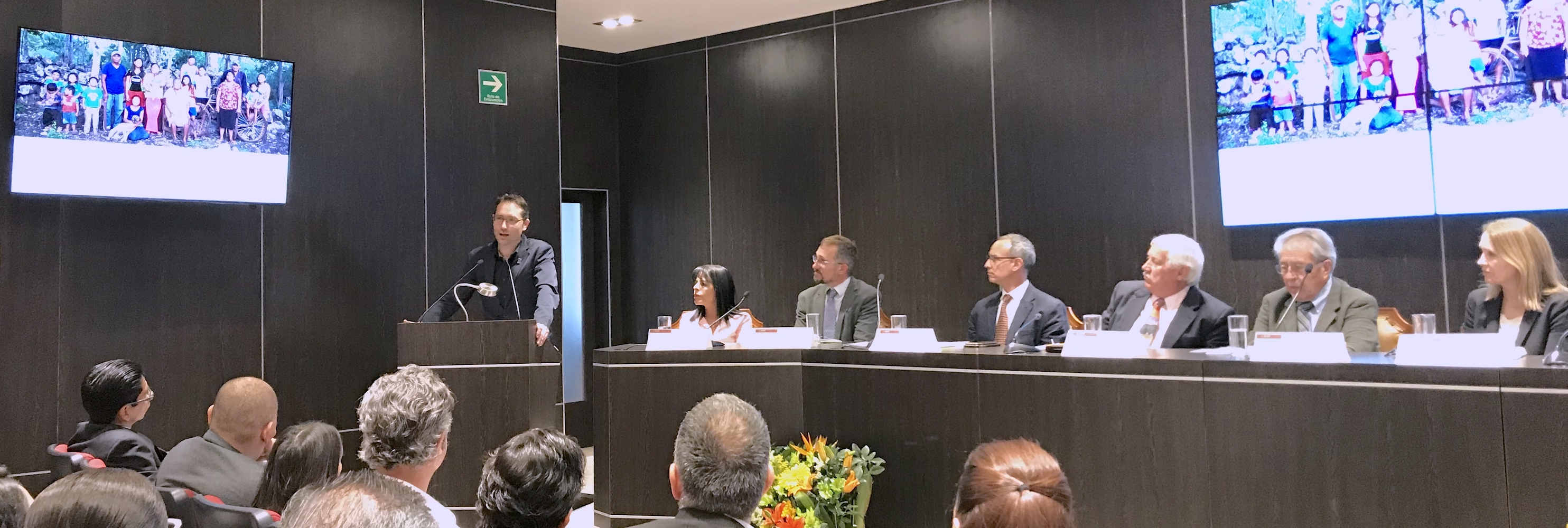
GENNOVATE
GENNOVATE is a global comparative research initiative which addresses the question of how gender norms influence men, women and youth to adopt innovation in agriculture and natural resource management.
Carried out in conjunction with 11 CGIAR research programs worldwide and across 125 rural communities in 26 countries, this qualitative comparative study aims to provide authoritative research to advance gender-transformative approaches and catalyze change in international agricultural and natural resource management research for development.
In discussion groups and individual interviews, roughly 6,000 rural study participants of different socioeconomic backgrounds and age groups are reflecting on and comparing local women’s and men’s expected roles and behaviors — or gender norms— and how these social rules affect their ability to access, adopt, adapt and benefit from innovations in agricultural and natural resource management.
The initiative’s research process strives to give rural women and men a voice by providing authoritative, contextually grounded evidence on how gender interacts with agricultural innovations. It also aims to strengthen CGIAR research program capacities to know the target beneficiaries, design for them, and be accountable to them.
Central to the qualitative field study is an exploration of women’s and men’s agency at the core of which is the capacity to make important decisions pertaining to one’s life. For rural women and men, these decisions relate to agriculture and natural resource management, as well as to other significant events in the private (household) and public (community) spheres.
OBJECTIVES
- What are the most important new agricultural practices and technologies for the men and for the women in a given village?
- What qualities make a woman or a man a good farmer?
- Do young people in this village follow local customs of women doing certain agricultural activities and men others?
- Are there differences between a woman who is innovative and a man who is innovative?
Monika Altmaier
Monika Altmaier is CIMMYT’s Executive Senior Strategic Advisor to the Director General
She brings with her almost 30 years of international experience and a proven track record that has spanned both multinational organizations and global enterprises.
Altmaier completed her master’s degree in Munich at the Ludwig-Maximilians-Universiitaet and her MBA through Duke University. She worked as the Project Leader for Internationalization at Siemens, a technology company in Germany, before joining UNOPS as the Director of Human Resources and Organizational Effectiveness. She later became HR Director for WHO, and prior to joining CIMMYT, she served as HR Director for FAO.
Bram Govaerts
Bram Govaerts is Director General of CIMMYT.
Govaerts is renowned for pioneering, implementing, and inspiring transformational changes for farmers and consumers in meeting the sustainable development challenges. He brings together multi-disciplinary science and development teams to integrate sustainable, multi-stakeholder and sector strategies that generate innovation and change in agri-food systems. His initiatives, excellence in science for impact and the partnerships he inspired have resulted in improved nutrition, nature conservation, and national and international resilience and food security.
His work is geared toward transforming subsistence agriculture and failed farming systems into productive and sustainable production units, and has worked in countries like Ethiopia, India and Mexico. Together with a group of scientists, trainers, extension agents, collaborative farmers and communications and technology specialists, Govaerts developed a vision inspired by Norman Borlaug’s motto “Take it to the Farmer”: combining the right seed with the right conservation agriculture production practice embedded in an integrated market while recognizing and integrating farmer knowledge.
Govaerts holds a PhD in Bioscience Engineering – Soil Science, a master’s degree in Soil Conservation and Tropical Agriculture, and a bachelor’s degree in Bioscience Engineering, all from Katholieke Universiteit Leuven, Belgium.
In 2003, Govaerts received the Development Cooperation Prize from the Belgian Federal Government. In 2014 he was awarded the Norman Borlaug Award for Field Research and Application — endowed by the Rockefeller Foundation and awarded by the World Food Prize — for the development of sustainable agricultural systems. In 2018 he received the Premio Tecnoagro, awarded by an organization of 2,500 Mexican farmers. He is a member of the Sustainable Development Solutions Network and A.D. White Professor-at-Large at Cornell University. In 2020, Govaerts was elected as Fellow by The American Society of Agronomy (ASA) for his outstanding contributions to the field of agronomy.
José Cacho
Jose Cacho joined the CIMMYT Board of Trustees in June 2017. He has more than 30 years of experience in agribusiness, having held various management positions in the areas of sales, operations, administration, marketing, executive management and general management.
Cacho is the Executive Vice-President of Grupo Empresarial G, as well as General Manager of Grupo Minsa, Vice-President of the National Agricultural Council, Counselor of the National Chamber of Industrialized Maize and Co-Chair of the World Economic Forum Project for the New Vision of Agriculture in Mexico.
He was President of the National Chamber of Industrialized Maize, participated in various projects to promote the implementation of public policies to achieve the optimization of the maize value chain in Mexico. He participated in research and analysis on the feasibility of biofuel production in Mexico and its impact on agroindustrial value chains. For two years he was the leader of the Grains Group in Mexico within the project La Nueva Visión del Desarrollo Agroalimentario en México (VIDA), a program implemented in conjunction with the World Economic Forum. He has participated in the B20 Group for Food Security, attending the Davos Forum and in various regional forums in Latin America. He served as treasurer and Vice-President of Integration of Productive Chains of the National Agricultural Council.
Cacho holds a degree in Veterinary Medicine from the National University of Mexico (UNAM) with honorary mention. He followed postgraduate studies in administration and obtained a diploma in Marketing and Business Development from ITAM.
William (Bill) Angus
William Angus joined the CIMMYT Board of Trustees in October 2016 and serves as a Deputy Chair.
Angus joined the Plant Breeding Institute’s wheat breeding program in 1973 after graduating in Genetics from the University of Liverpool. In 1984 Angus served as research and development manager of the Nickerson Seed Company’s international wheat program, where he was later promoted to Head of Wheat Breeding in 1987. Angus then served as a senior wheat breeder under the company’s transition to the international agricultural co-op Groupe Limagrain. During his time at Limagrain, leading wheat varieties such as Claire, Einstein, Alchemy and Invicta were brought to market which gave the company an industry edge in the United Kingdom.
Angus co-edited the World Wheat Book trilogy and served on the British Crop Production Council (BCPC) Strategy Board from 2004 – 2007, during which time he was awarded a BCPC medal in 2011 and the Royal Agricultural Society of England Technology Award in 2007. He was also appointed to the BBSRC Strategy Advisory Board in 2010 and served as Chairman of the BBSRC Horticulture and Potato Initiative steering group from 2012 to 2016. He now runs an international wheat consultancy business that enhances public-private partnerships, reviews breeding programs globally and trains the next generation of wheat breeders.
Víctor Manuel Villalobos Arámbula
Víctor Manuel Villalobos Arámbula is Mexico’s Secretary of Agriculture and Rural Development and serves ex officio as Honorary Chair of the Board of Trustees.
An expert with over 40 years experience in agronomy, agricultural economy and environment sciences, Villalobos holds an engineering degree in Agronomy from Mexico’s Agriculture School and an MSc in Plant Genetics from the Graduate College of Chapingo. He holds a PhD in Plant Morphogenesis from the University of Calgary in Alberta, Canada.
He was Director General of the Inter-American Institute for Cooperating in Agriculture, a specialized agency from the Organization of American States, for two consecutive four-year periods from 2010. He was the first Mexican to hold this international position based in Costa Rica.
He has worked in high-level positions for Mexico’s Government. He has been appointed as Natural Resources Undersecretary, Agriculture Undersecretary and International Affairs Coordinator of Mexico’s Department of Agriculture. He has served as Principal Biotechnology Officer for the United Nations Food and Agriculture Organization in Rome, Italy, and Director of the Tropical Crops Improvement Program at the Tropical Agricultural Research and Higher Education Center (CATIE) in Costa Rica.
He became a member of the Royal Swedish Academy of Agriculture and Forestry in 2004 for his research in biotechnology, plant production, and conservation of natural and genetic resources. He received an honorary doctorate from CATIE in the same year, and an honorary doctorate from Asunción University in Paraguay in 2013. In 2015, he received the “Golden Spike” award from the Graduate College of Agronomy Engineers and Agriculture and Livestock Professionals in La Paz, Bolivia.
New publications: Biofortification of maize with provitamin A can reduce aflatoxin load
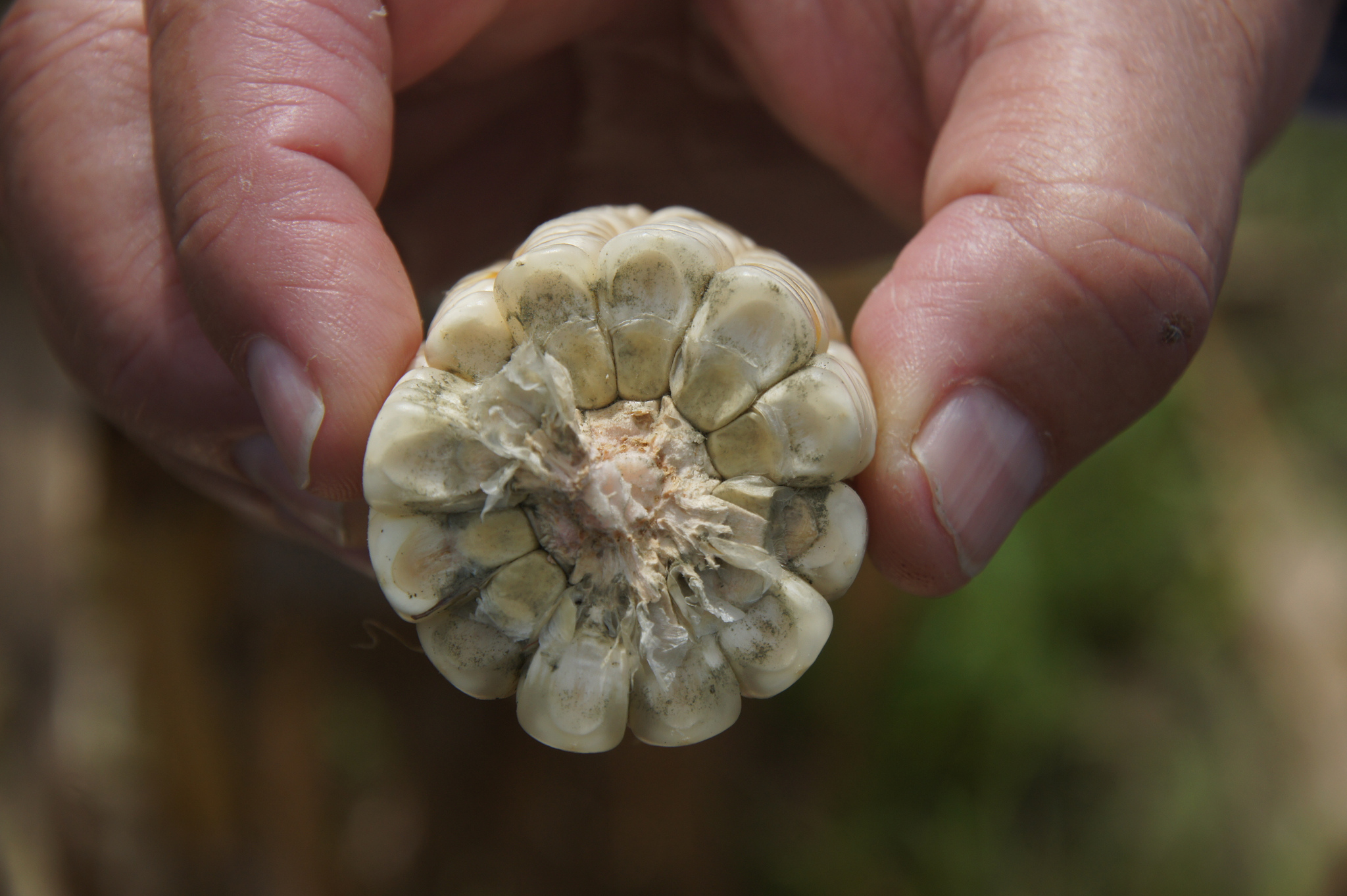
New research evidence could have significant implications for breeding approaches to combat harmful aflatoxin contamination in maize while simultaneously contributing to alleviate vitamin A deficiency. The study “Provitamin A Carotenoids in Grain Reduce Aflatoxin Contamination of Maize While Combating Vitamin A Deficiency” is the first published report to document how biofortification with provitamin A can contribute to reduce aflatoxin contamination in maize.
Aflatoxins are harmful compounds that are produced by the fungus Aspergillus flavus, which can be found in the soil, plants and grain of a variety of legumes and cereals including maize. Toxic to humans and animals, aflatoxins are associated with liver and other types of cancer, as well as with weakened immune systems that result in increased burden of disease, micronutrient deficiencies, and stunting or underweight development in children.
Efforts to breed maize varieties with resistance to aflatoxin contamination have proven difficult and elusive. Contamination of maize grain and products with aflatoxin is especially prevalent in low- and middle-income countries where monitoring and safety standards are inconsistently implemented.
Biofortification also serves to address “hidden hunger,” or micronutrient deficiency. Over two billion people are affected globally — they consume a sufficient amount of calories but lack essential micronutrients such as vitamins and minerals. Vitamin A deficiency specifically compromises the health of millions of maize consumers around the world, including large parts of sub-Saharan Africa.
Provitamin A-enriched maize is developed by increasing the concentration of carotenoids — the precursors of vitamin A — and powerful antioxidants that play important roles in reducing the production of aflatoxin by the fungus Aspergillus flavus. The relative ease of breeding for increased concentrations of carotenoids as compared to breeding for aflatoxin resistance in maize make this finding especially significant as part of a solution to aflatoxin contamination problems.
Breeding of provitamin A-enriched maize varieties is ongoing at the International Maize and Wheat Improvement Center (CIMMYT) and the International Institute of Tropical Agriculture (IITA), with the support of HarvestPlus. Several varieties trialed in sub-Saharan Africa have demonstrated their potential to benefit vitamin-deficient maize consumers.
The researchers highlight the potential in breeding maize with enhanced levels of carotenoids to yield the dual health benefits of reduced aflatoxin concentration in maize and reduced rates of vitamin A deficiency. This result is especially significant for countries where the health burdens of exposure to aflatoxin and prevalence of vitamin A deficiency converge with high rates of maize consumption.
Read the full study here: https://www.frontiersin.org/articles/10.3389/fpls.2019.00030/full
Financial support for this study was partially provided by HarvestPlus, a global alliance of agriculture and nutrition research institutions working to increase the micronutrient density of staple food crops through biofortification. The views expressed do not necessarily reflect those of HarvestPlus. The CGIAR Research Program on Maize (MAIZE) also supported this research.
This research builds on the Ph.D. dissertation of Dr. Pattama Hannok at University of Wisconsin, Madison, WI, United States (Hannok, 2015).
Is a world without hunger possible, asks Germany’s minister Gerd Müller during his visit to CIMMYT

On March 4, 2019, staff from the International Maize and Wheat Improvement Center (CIMMYT) welcomed Gerd Müller, Germany’s Federal Minister of Economic Cooperation and Development (BMZ), for a short visit to CIMMYT’s global headquarters in Mexico. Before exploring the campus and sitting down to hear about CIMMYT’s latest innovations in maize and wheat research, Minister Müller challenged the scientists gathered there by asking: “Is a world with no hunger actually possible?”
“It is possible, but it will require a lot of research and development activities to get there,” replied CIMMYT’s director general, Martin Kropff.
With $3.5 billion generated in benefits annually, CIMMYT is well positioned for Minister Müller’s challenge. CIMMYT works throughout the developing world to improve livelihoods and foster more productive, sustainable maize and wheat farming. Its portfolio squarely targets critical challenges, including food insecurity and malnutrition, climate change and environmental degradation. In addition, over 50 percent of maize and wheat grown in the developing world is based on CIMMYT varieties.

Germany has generously supported CIMMYT’s work for decades in a quest to answer this very question, which aligns with the German government’s agenda to improving food and nutrition security, the environment and livelihoods.
“CIMMYT is working to find ways to allow developing countries to grow maize and wheat on less land so that a larger percentage of it can be freed for nutritious and higher value cash crops. This requires better seeds that are adapted to biotic and abiotic stressors, smarter agronomy and machinery, which CIMMYT develops with partners,” Kropff explained.
CIMMYT works between smallholders and small companies to create an incentive on one side to grow varieties and on the other side, to increase demand for quality grain that will ultimately become the tortillas and bread on customers’ dinner tables. These sustainable sourcing and breeding efforts depend on the breathtaking diversity of maize and wheat housed at CIMMYT’s genebank, the Wellhausen-Anderson Plant Genetic Resources Center, which is supported by German funding along with solar panels that generate clean energy for the genebank.
Through funding for the CGIAR Research Program on WHEAT and the CIM Integrated Experts Program, Germany’s GIZ and BMZ have also supported CIMMYT research into gender and innovation processes in Africa, Central and South Asia, enhancing gender awareness in both projects and rural communities and mainstreaming gender-sensitive approaches in agricultural research. As a result, CIMMYT researchers and partners have increased gender equality in wheat-based cropping systems in Ethiopia, reduced the burden of women’s wheat cleaning work in Afghanistan, and hosted a series of training courses promoting the integration of gender awareness and analysis in research for development.

In addition, the CIM Integrated Experts program has allowed CIMMYT to increase its efforts to scale up agricultural innovations and link research to specific development needs. With support from GIZ and in collaboration with the PPPLab, in 2018 CIMMYT researchers developed a trial version of the Scaling Scan, a tool which helps researchers to design and manage scaling at all project phases: at the beginning, during and after implementation.
CIMMYT is committed to improving livelihoods and helping farmers stay competitive through increasing labor productivity and reducing costs. CIMMYT’s mechanization team works to identify, develop, test and improve technologies that reduce drudgery and enable smallholders in Mexico, sub-Saharan Africa and South Asia to adopt sustainable intensification practices, which require greater farm power and precision. In Ethiopia, CIMMYT has an ongoing collaboration with the GIZ/BMZ green innovation center — established as part of the ONE WORLD – No Hunger initiative — and is working with GIZ in Namibia to provide knowledge, expertise and capacity building on conservation agriculture. This includes the organization of training courses to mechanics and service providers on everything from the use to the repair of machinery and small-scale mechanization services.
“We’re on a mission to improve livelihoods through transforming smallholder agriculture, much of which depends on empowering women, scaling, market development and pushing for policies that would create the right incentives. Partnerships with local and international stakeholders such as Germany are at the core of CIMMYT’s operations and allow for us to have global impact,” said Kropff.
More photos of the visit are available here.


